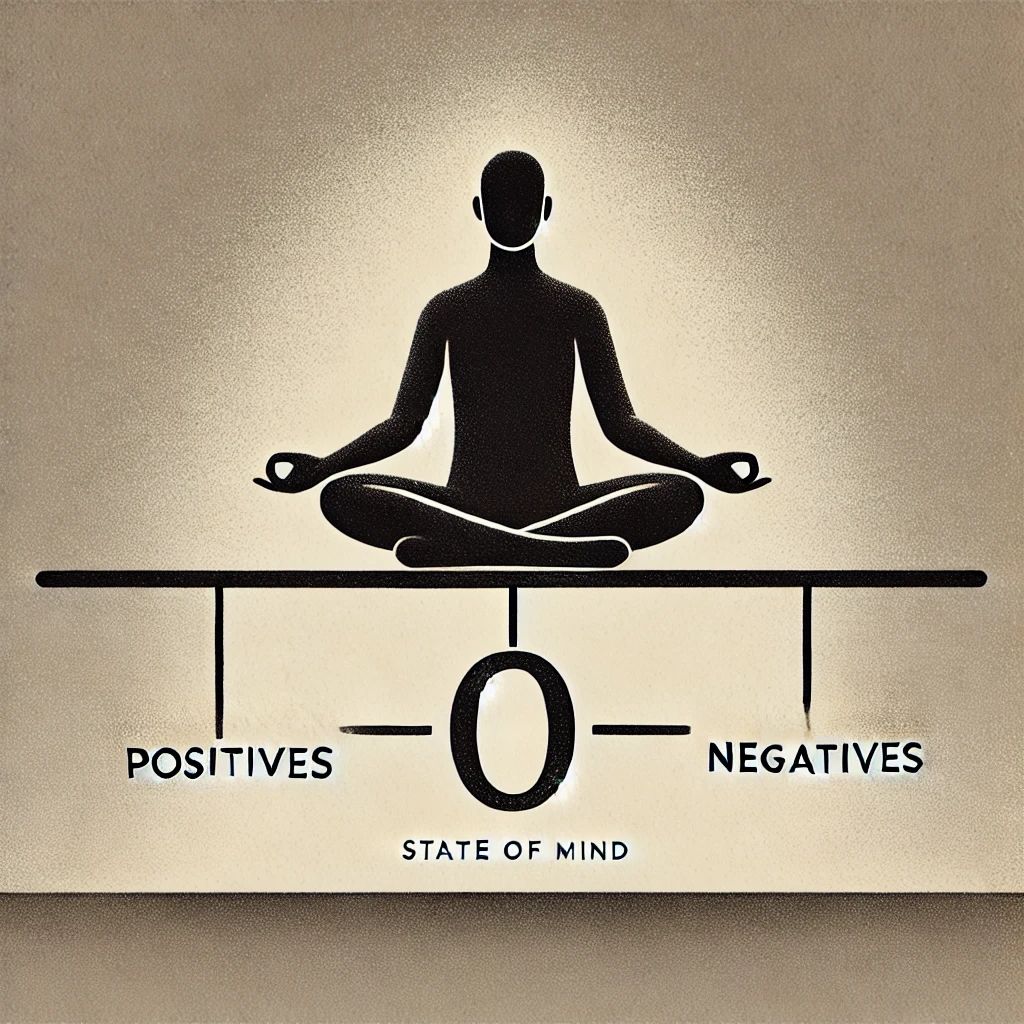Zero, as a number, is neither positive nor negative. In much the same way, our minds can remain free from rigid “good” or “bad” inclinations, resting instead in a neutral space unclouded by emotional bias or prejudice. By stripping our thoughts of judgment and preconceived notions, we discover a special kind of mindfulness—often referred to as the zero state—where we can operate with unbiased clarity, unaffected by the fluctuations of mood or external pressures.
The zero state of mind is a condition of perfect stillness and heightened focus, free from internal chatter or emotional turbulence. In this calm and neutral space, one’s attention is fully anchored in the present moment, enabling deep immersion in the task at hand. Although most people only experience brief intervals of such tranquility, dedicated mindfulness and regular practice can gradually extend these moments. By setting aside distractions, insecurities, and ego-driven concerns, we open the way to undiluted awareness that enhances both personal well-being and work performance.
In many spiritual traditions, particularly Buddhism and Hinduism, the ultimate goal—whether referred to as Nirvana or Mukti—entails complete liberation from suffering, ego, and the cycle of rebirth. Although these are typically understood as enduring spiritual attainments, one may occasionally glimpse them through temporary immersion in the zero state of mind. When the usual boundaries of self and other dissolve, it paves the way for a profound sense of oneness with any activity or environment. These fleeting experiences mirror the essence of Nirvana or Mukti, as they transcend the distractions, desires, and mental constructs that usually dominate our awareness.
The power of the zero state is especially evident when we undertake creative or demanding work. By relinquishing the habitual identification with “I, me, myself,” all energy is funneled toward the present task, often yielding outcomes described as flawless or transcendent. Whether painting, coding, writing, or solving complex problems, an individual in zero state experiences a seamless flow of ideas. This mental clarity sharpens problem-solving skills, accelerates innovation, and elevates the creative process, making it both productive and deeply fulfilling.
Recently, some have advocated extreme work schedules—70 or even 90-hour weeks—and questioned the need for weekends or work-life balance. Yet many argue that piling on hours does not necessarily produce superior results. A single hour of deeply focused work in the zero state can far surpass multiple hours spent in a scattered, fatigued state. Yes, intelligence could be one differentiating factor, but focus is far more important. The zero state of mind represents the ultimate focus, underscoring that quality of work outweighs mere quantity—and practicing this zero state is the surest way to achieve it.
– Kaustubh Purohit | Profile
